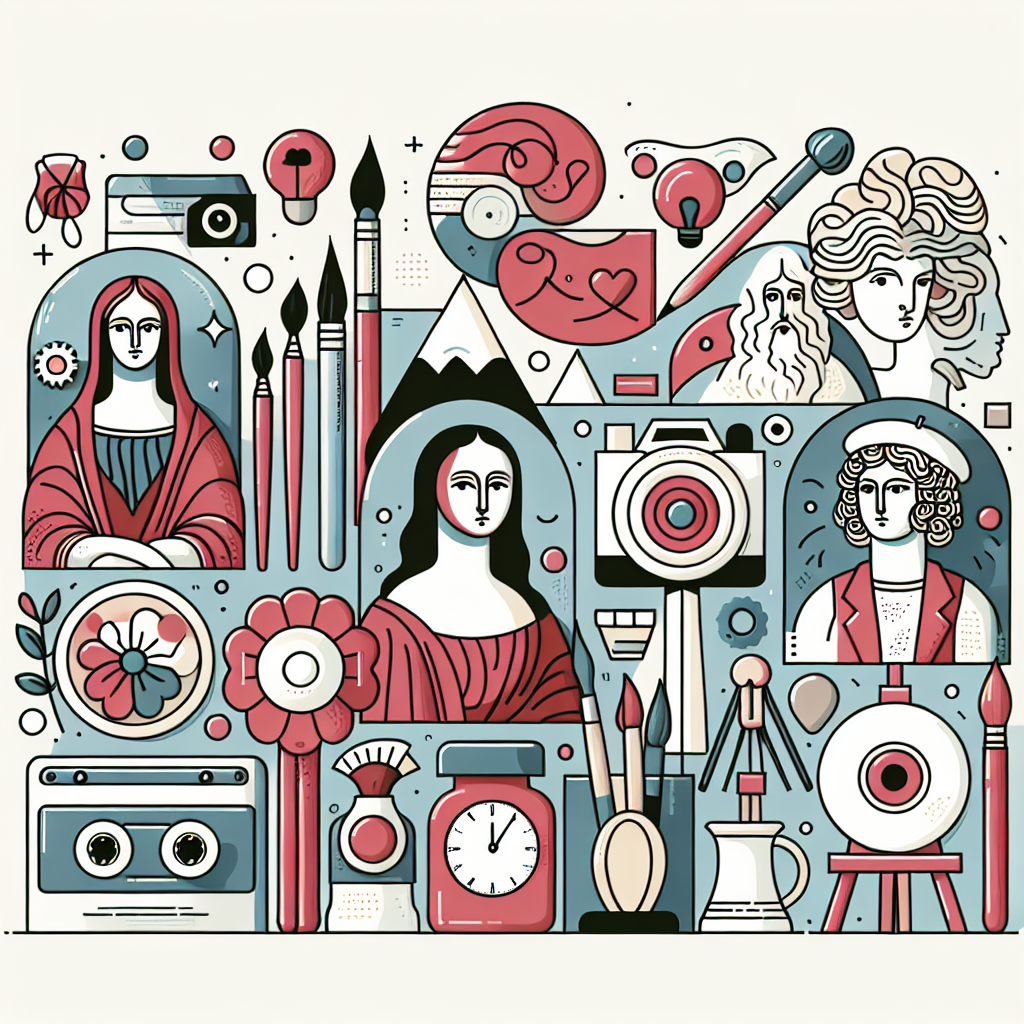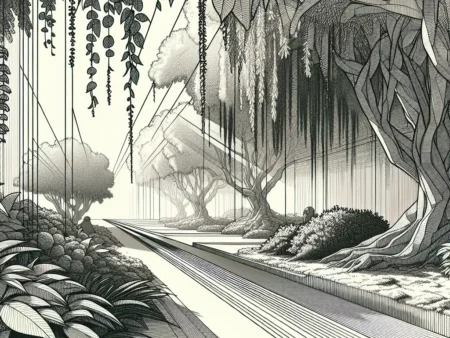Deskripsi meta tentang Aliran Seni Rupa Terpopuler di Dunia: Menjelajahi aliran seni rupa yang paling populer di dunia, menggambarkan keberagaman dan kreativitas manusia.
Aliran Seni Rupa Terpopuler di Dunia
-
Table of Contents
- Introduction
- 1. Pioneers of Aliran Seni Rupa
- 1.1 Affandi
- 1.2 Raden Saleh
- 2. The Popularity of Realism
- 2.1 Realism in Aliran Seni Rupa
- 2.2 The Influence of Realism
- 3. The Rise of Abstract Expressionism
- 3.1 Abstract Expressionism in Aliran Seni Rupa
- 3.2 Notable Abstract Expressionists
- 4. The Emergence of Contemporary Art
- 4.1 Contemporary Art in Aliran Seni Rupa
- 4.2 Notable Contemporary Artists
- 5. Conclusion
Introduction

Indonesia, with its rich cultural heritage and diverse artistic traditions, has been a hub for various art forms, including visual arts. One of the most prominent art movements in Indonesia is “Aliran Seni Rupa,” which translates to “Artistic Flow” in English. This article aims to explore the most popular art movements within Aliran Seni Rupa in Indonesia, highlighting their significance, characteristics, and impact on the global art scene.
1. Pioneers of Aliran Seni Rupa
1.1 Affandi
Affandi, born in 1907, is considered one of the pioneers of Aliran Seni Rupa in Indonesia. His unique style, characterized by bold brushstrokes and vibrant colors, captured the essence of Indonesian landscapes and people. Affandi’s works often depicted the daily lives of ordinary Indonesians, reflecting their struggles and aspirations. His art gained international recognition, and he became one of the most celebrated Indonesian artists of his time.
1.2 Raden Saleh
Raden Saleh, born in 1811, is another influential figure in the development of Aliran Seni Rupa. He was one of the first Indonesian artists to receive formal training in Europe, where he was exposed to Western art techniques and styles. Raden Saleh’s works combined elements of European Romanticism with Indonesian themes, creating a unique fusion that captivated audiences. His paintings often depicted Indonesian wildlife and historical events, showcasing his mastery of both technique and subject matter.
2. The Popularity of Realism
2.1 Realism in Aliran Seni Rupa
Realism emerged as a dominant art movement within Aliran Seni Rupa in the mid-20th century. Artists embraced the idea of portraying the world as it is, focusing on accurate representations of objects, people, and landscapes. Realist paintings often depicted social issues, political events, and everyday life, providing a powerful commentary on Indonesian society.
2.2 The Influence of Realism
Realism gained popularity due to its ability to connect with the masses and convey powerful messages. Artists like Nyoman Nuarta and Dede Eri Supria embraced realism to address social and political issues, such as corruption, poverty, and environmental degradation. Their works resonated with the Indonesian public, sparking conversations and inspiring change.
3. The Rise of Abstract Expressionism
3.1 Abstract Expressionism in Aliran Seni Rupa
Abstract Expressionism emerged as a significant art movement within Aliran Seni Rupa in the late 20th century. Artists began to move away from realistic representations and focused on expressing emotions and ideas through abstract forms, colors, and textures. This shift allowed for greater experimentation and freedom of expression.
3.2 Notable Abstract Expressionists
Artists like S. Sudjojono and Hendra Gunawan embraced abstract expressionism, using bold brushstrokes, vibrant colors, and symbolic imagery to convey their inner thoughts and feelings. Their works often explored themes of identity, spirituality, and cultural heritage, reflecting the complexities of Indonesian society.
4. The Emergence of Contemporary Art
4.1 Contemporary Art in Aliran Seni Rupa
Contemporary art has gained significant traction within Aliran Seni Rupa in recent years. Artists have embraced various mediums, including installation art, performance art, and digital art, to push the boundaries of traditional artistic practices. Contemporary art often challenges societal norms, provokes thought, and encourages audience participation.
4.2 Notable Contemporary Artists
Artists like Heri Dono and FX Harsono have made significant contributions to contemporary art in Indonesia. Their works address issues of identity, globalization, and cultural heritage, using innovative techniques and mediums. These artists have gained international recognition, showcasing the talent and creativity of Indonesian contemporary art on a global stage.
5. Conclusion
In conclusion, Aliran Seni Rupa in Indonesia encompasses a wide range of art movements, each with its unique characteristics and contributions. From the pioneers of Affandi and Raden Saleh to the popularity of realism, the rise of abstract expressionism, and the emergence of contemporary art, Indonesian artists have made a significant impact on the global art scene. These art movements not only reflect the cultural heritage and social issues of Indonesia but also showcase the talent and creativity of Indonesian artists. As Aliran Seni Rupa continues to evolve, it will undoubtedly shape the future of Indonesian art and inspire generations to come.







